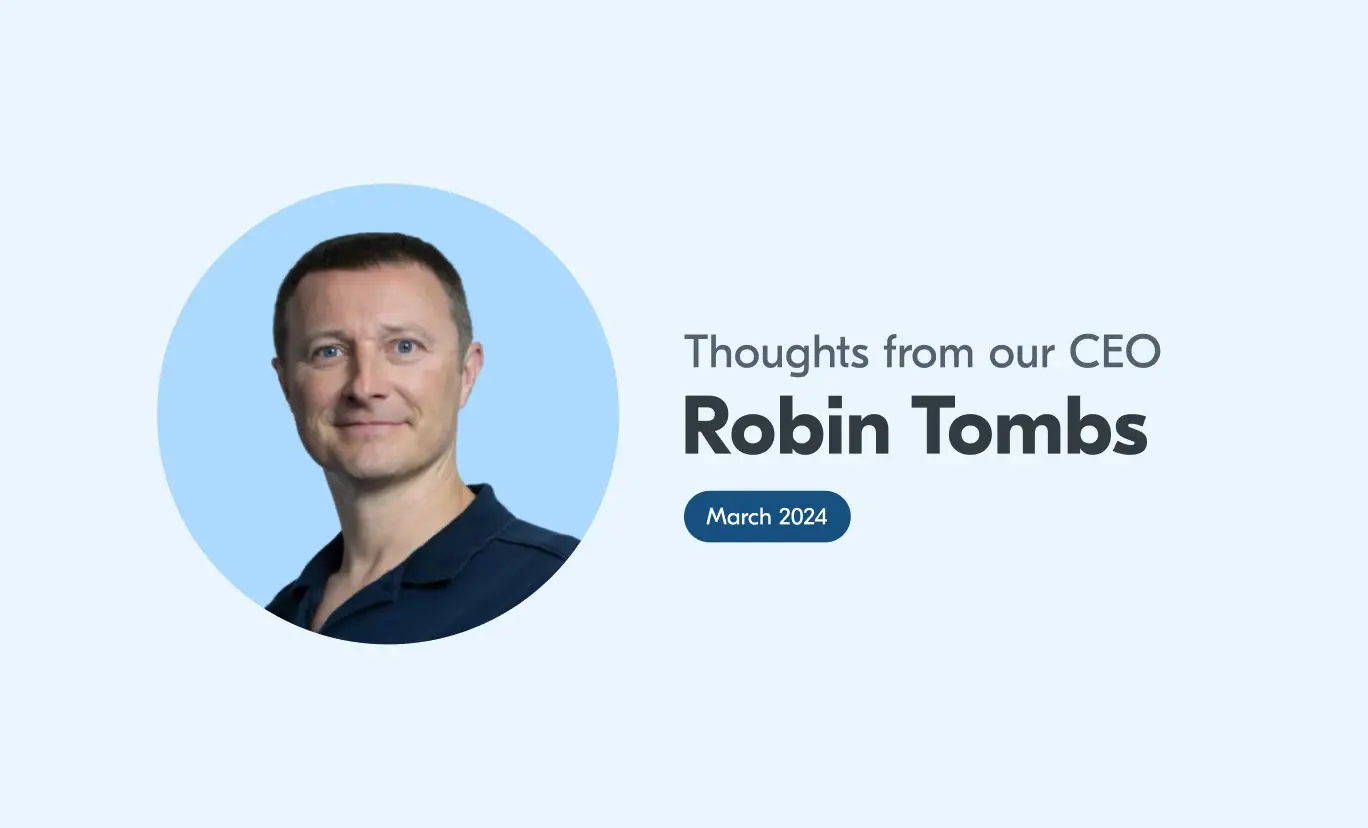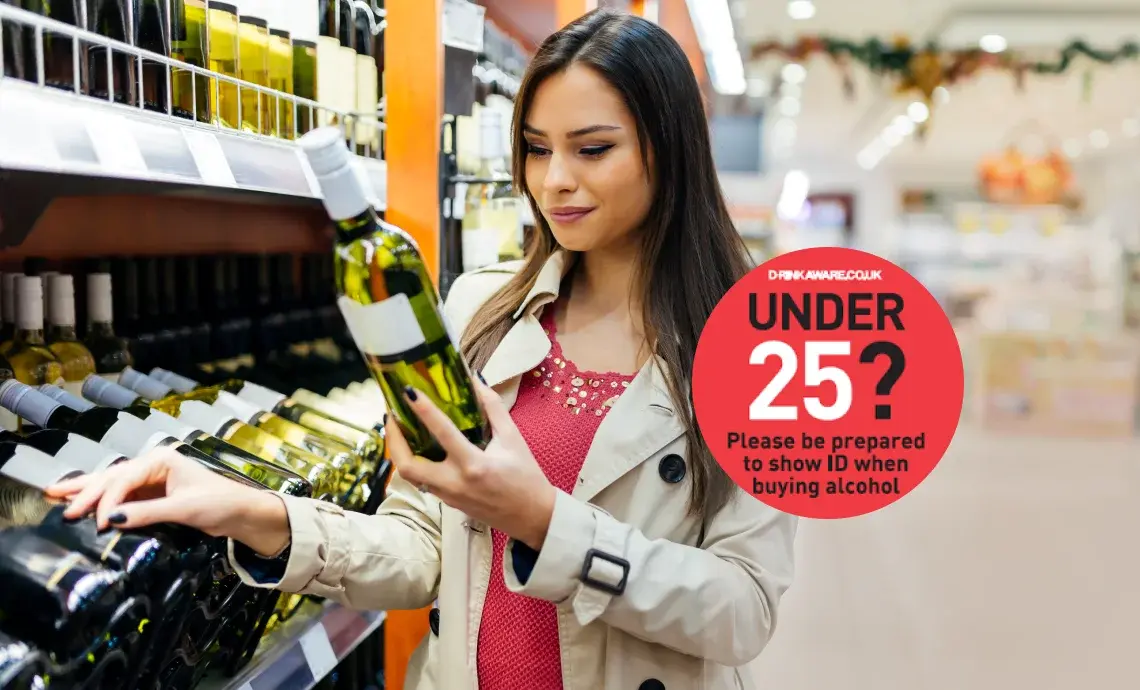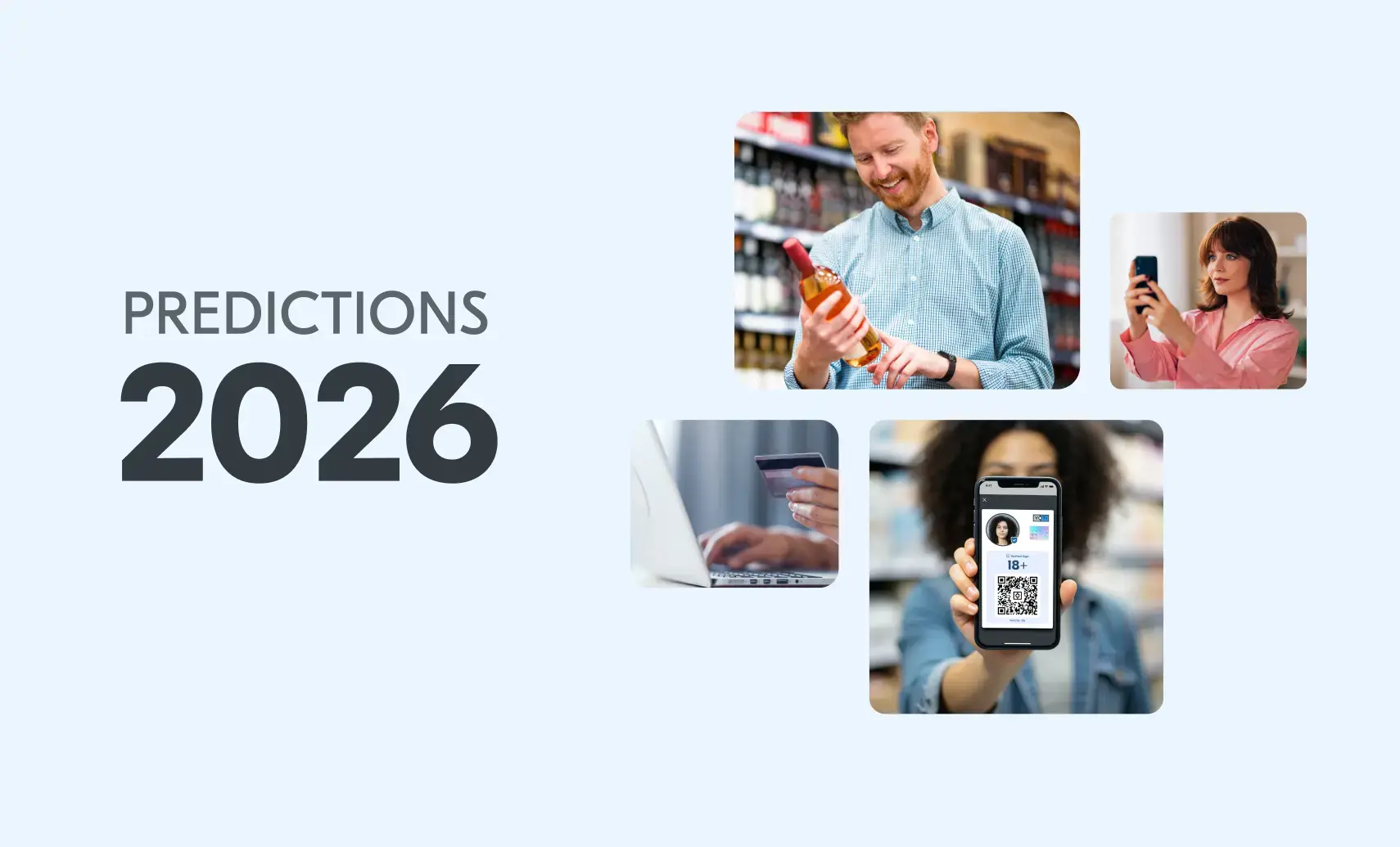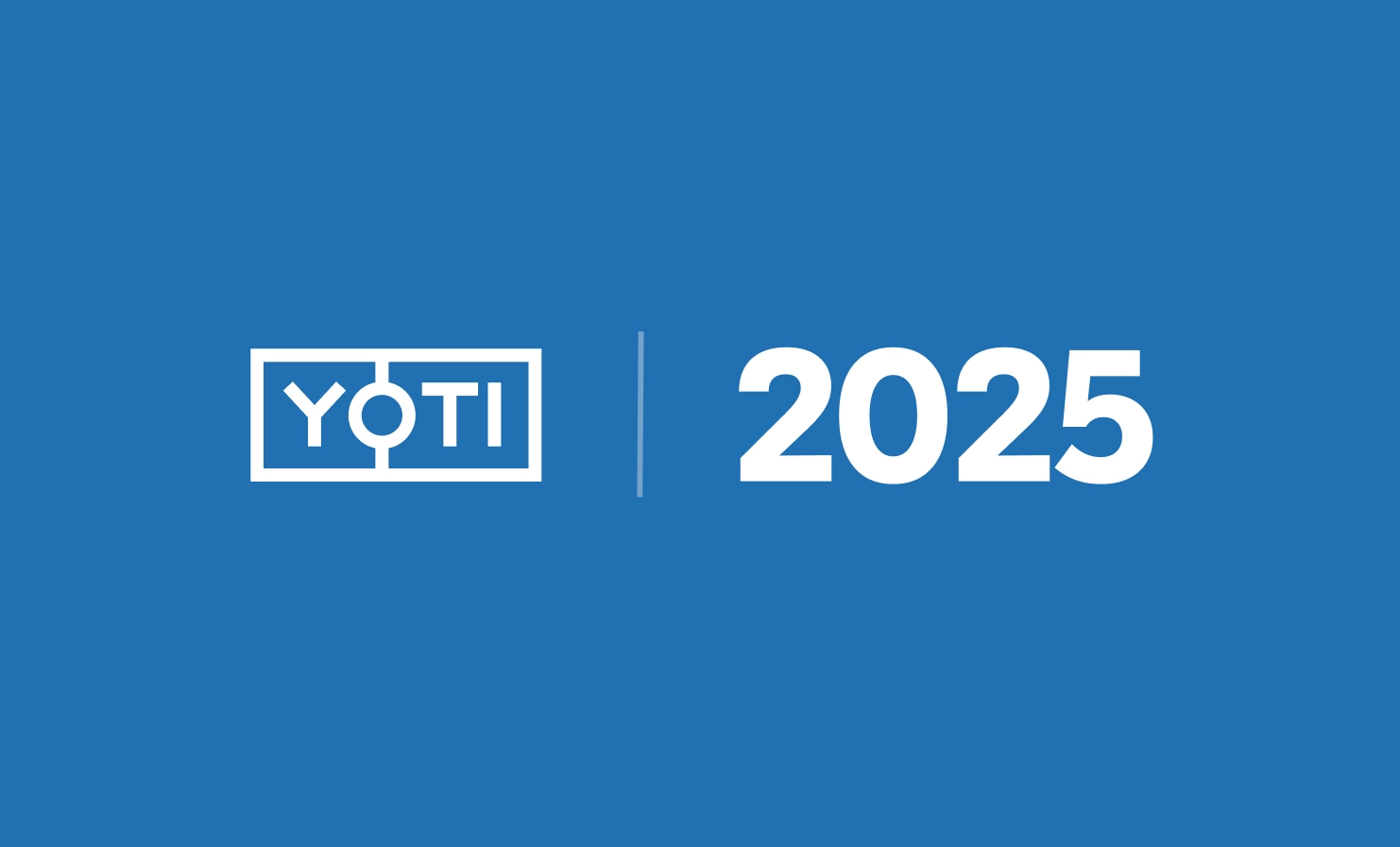
In this blog series, our CEO Robin Tombs will be sharing his experience, whilst focusing on major themes, news and issues in the world of identity verification and age assurance.
Digital age verification for alcohol
I’m pleased to see the UK Home Office consult on whether age verification technology should be allowed for the sale of alcohol. This is a big step forward and demonstrates the growing importance and demand for digital proof of age.

Yoti’s technology can help remove the significant challenges and high levels of abuse faced by retail, bar and security staff when assessing the age of customers and trying to spot fake IDs. It can protect minors from accessing age-restricted goods and give all adults a more convenient and private way to prove their age.
Digital proof of age will be a game changer for over 150,000 supermarkets, convenience stores, restaurants, pubs, bars and other licensed premises. Accepting Digital ID Connect or Yoti facial age estimation will improve compliance rates and enhance the customer experience for tens of millions of Britons.
Over four million Britons have downloaded the Yoti app. Many tell us they want to prove their age at supermarkets and other licensed premises. We will be responding to the consultation, sharing our learnings from the 2022 Home Office digital proof of age trials and our experience working in the retail sector.
Lack of identity verification on Companies House
The UK law does not currently require Companies House to verify the identity of company directors. This is bonkers, especially given the rise in deepfakes and fake ID documents. This lack of verification is increasing the risk of identity fraud for company directors, which is often linked to financial fraud.
Businesses report that fraud rates are much lower when a customer is using a reusable Digital ID. It will become inevitable that more people will create and use secure reusable Digital IDs, and more companies will accept them as a trusted verification method. This will create a nightmare for fraudsters targeting UK individuals and businesses.
The odds may seem stacked against innocent victims today but over the next few years, the odds swing strongly against most fraudsters.
Digital IDs can protect people from deepfake scams

There’s lots of news articles warning people about the growing global problem of deepfakes and how fraudsters are using them to commit romance fraud. Remember if you are not sure who you are speaking to online, you can use the free Yoti Digital ID app to share verified information, like your name and photo. If the other person refuses to do this, be wary – it could be a red flag.
Digital IDs could be used to stop deepfakes in other situations too. They could confirm the right person is taking part in a video call for a job interview, accessing an online account or transferring funds.
Creating age-appropriate experiences with OnlyFans
I read a great article in the Financial Times, with Keily Blair, CEO of OnlyFans talking about online safety, the opportunities and risks of AI, creator monetisation strategies and what’s next for OnlyFans. For anyone who wants to better understand this successful British tech and social platform, and read about a brand that is ‘open and honest about allowing adult content’, it’s well worth a read.
As a platform that will remain only for people aged 18 and over, OnlyFans uses a number of safety tools to keep creators and fans safe. We’re pleased to continue our work with OnlyFans, helping them to create age-appropriate experiences and comply with regulations relating to adult content.



